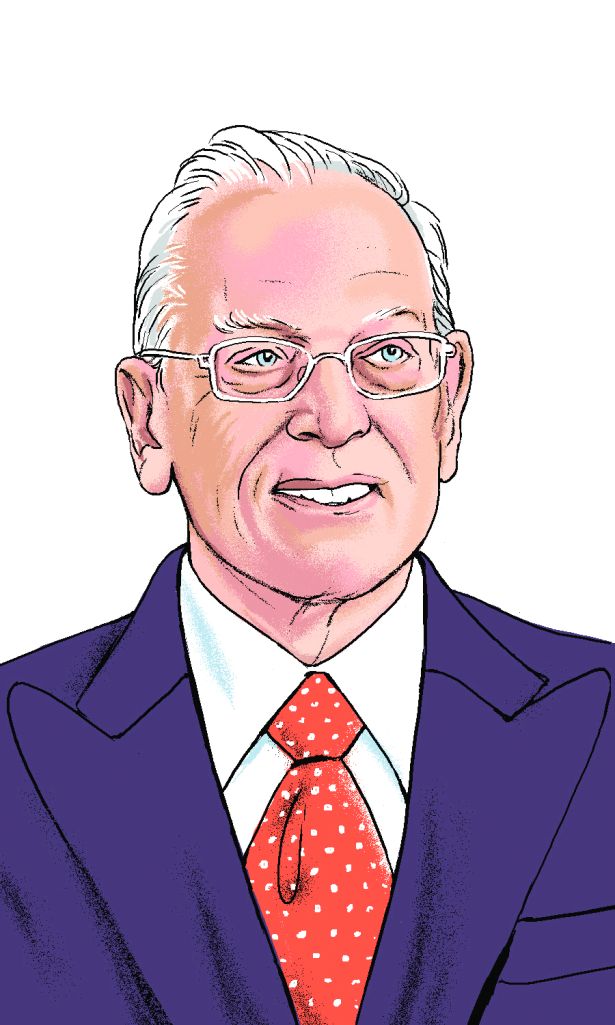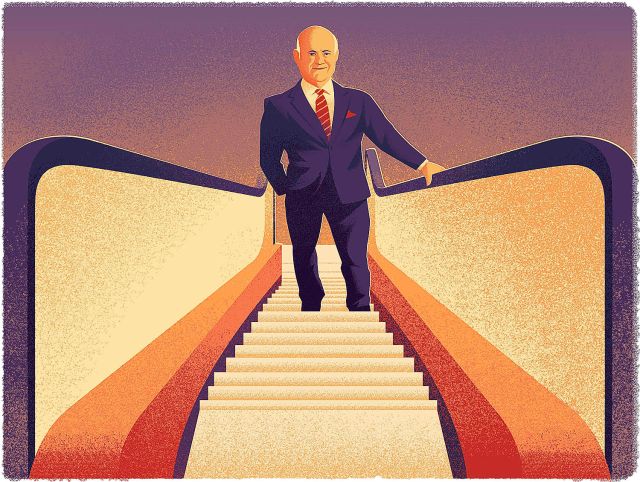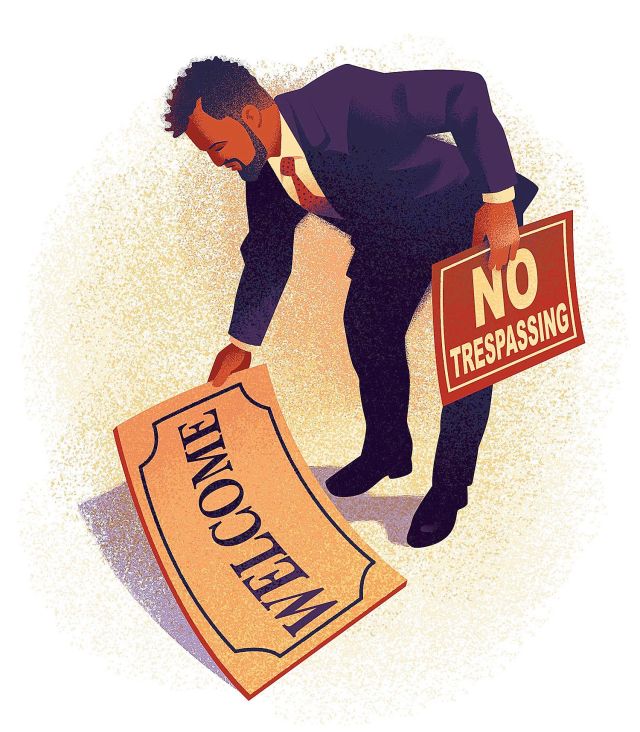
Jeff Levine
Jeffrey Levine
Founder and Chairman at Douglaston Development

Have you refinanced anything in 2022? How difficult/easy was it?
Yes, we refinanced numerous retail and garage properties over the course of 2022 with existing lenders that we’ve previously worked alongside. The process wasn’t difficult in terms of there being no new procedures or protocols involved. However, we did notice that rates were slightly higher this year when compared to executing similar deals in years past, but, given the current rates of inflation, this didn’t come as a surprise.
There’s a lot of Class B and C office in NYC. If you could lay your hands on them at a really great price, what would you do with them?
Given the strength of the residential rental market in New York City at this time, converting Class B and C office buildings to residential uses would prove extremely beneficial. That said, the underlying disparate taxation on newly created multifamily rental assets may halt those conversions for the time being and needs to be addressed. Similar to the way that the 421g tax incentive program was utilized to accelerate the revitalization of underutilized commercial office buildings in the Financial District into residential uses in past decades, a similar program needs to be enacted at this current moment in time for similar conversions to take place.
There’s a midterm election this year. How closely are you following, and do you think the national political climate will have an effect in New York?
The midterm election will be an important indicator of the direction in which our country as a whole is moving. Both parties are focused on presenting what they believe to be their most attractive positions and viewpoints on topics including women’s rights, immigration, gun reform, education, voting rights, taxation and public safety. The results of the upcoming election will serve as a strong preview as to what the future holds in the U.S.
NYC apartment rents have reached never seen levels. How much further can it go? How does the housing squeeze play out?
A significant portion of the rental increases we’ve seen across the residential real estate market recently are a direct derivative of the pandemic. The remote work trend that was sparked at the onset of the pandemic resulted in a significant drop in occupancy rates across the market-rate rental sector, prompting landlords to significantly reduce their rental prices in order to sustain occupancy at their properties. With the rollout of the vaccines, which prompted employers to safely bring their employees back into the office, coupled with recent college graduates looking to find housing as they enter the job market, pricing power was returned back to landlords. The elimination of pre-vaccine concessions and the surge in demand (and even further fueled by inflation) have resulted in rents rising to their current levels. The future of rental pricing will be dictated by levels of inflation as well as the creation of new housing units, which is something that is currently being stymied by the absence of a tax abatement program or tax policy modification.








